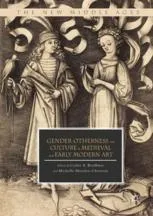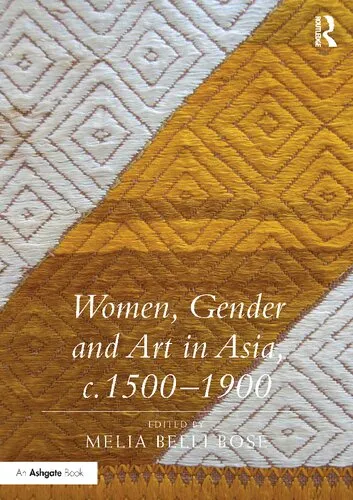Euripides and the Poetics of Sorrow: Art, Gender, and Commemoration in Alcestis, Hippolytus, and Hecuba
4.5
Reviews from our users

You Can Ask your questions from this book's AI after Login
Each download or ask from book AI costs 2 points. To earn more free points, please visit the Points Guide Page and complete some valuable actions.Related Refrences:
Introduction
Welcome to "Euripides and the Poetics of Sorrow: Art, Gender, and Commemoration in Alcestis, Hippolytus, and Hecuba." This book delves into the intricate and poignant world of Euripides' tragedies, focusing on the unique way he infuses sorrow into the fabric of his storytelling. Through an in-depth analysis of three major works—Alcestis, Hippolytus, and Hecuba—this book explores how themes of art, gender, and commemoration interplay to create a dramatic and emotional experience for the audience. As we journey through Euripides’ narrative techniques, we uncover the layers of human emotion and societal reflections captured in these timeless classics.
Detailed Summary
This book is structured around a meticulous examination of three of Euripides' most celebrated plays. In "Alcestis," we see an exploration of the themes of love and sacrifice, delving into the complexities of gender roles as Alcestis chooses to die in place of her husband. The analysis positions the play within the surrounding cultural context, highlighting its portrayal of feminine strength and vulnerability. Moving to "Hippolytus," the narrative dives into the destructive forces of passion and pride, drawing attention to the tragedies born from miscommunication and societal expectations. Euripides captures the essence of human frailty, weaving a tale that resonates with the timelessness of human folly. Lastly, "Hecuba" offers a profound commentary on grief and loss through the experiences of the titular character. The play's portrayal of a fallen queen enveloped in sorrow provides a poignant reflection on memory and suffering.
Key Takeaways
- The roles and representations of gender in Euripides' work reveal the societal norms and expectations of ancient Greece.
- Euripides' mastery of tragedy is achieved through his complex characterizations and deeply emotional narratives.
- Themes of commemoration and memory serve as central pillars, offering insights into how personal and communal identities are shaped by sorrow and remembrance.
- The exploration of art within these plays delineates how artistic expression amplifies the emotional currency of tragedy.
Famous Quotes from the Book
"Euripides crafts a tableau of emotion where sorrow is not simply felt but lived, where each character's woe is a reflection upon the audience's own potential for suffering."
"In commemorating the losses endured, we are invited to ponder not just the cost of the choices within these ancient texts, but the enduring echoes of those choices through time."
Why This Book Matters
"Euripides and the Poetics of Sorrow" matters because it bridges the gap between classical literature and contemporary understanding, elucidating the relevance of ancient Greek tragedies to modern themes of gender, memory, and emotional expression. It not only provides scholars and students with insights into Euripides’ intent and technique but also invites general readers to engage deeply with these ageless stories. By examining the poetics of sorrow, this book contributes to a richer appreciation of how art can commemorate human experience, offering solace and reflection amidst society's ever-evolving landscape.
Free Direct Download
You Can Download this book after Login
Accessing books through legal platforms and public libraries not only supports the rights of authors and publishers but also contributes to the sustainability of reading culture. Before downloading, please take a moment to consider these options.
Find this book on other platforms:
WorldCat helps you find books in libraries worldwide.
See ratings, reviews, and discussions on Goodreads.
Find and buy rare or used books on AbeBooks.
1303
بازدید4.5
امتیاز0
نظر98%
رضایتReviews:
4.5
Based on 0 users review
Questions & Answers
Ask questions about this book or help others by answering
No questions yet. Be the first to ask!













